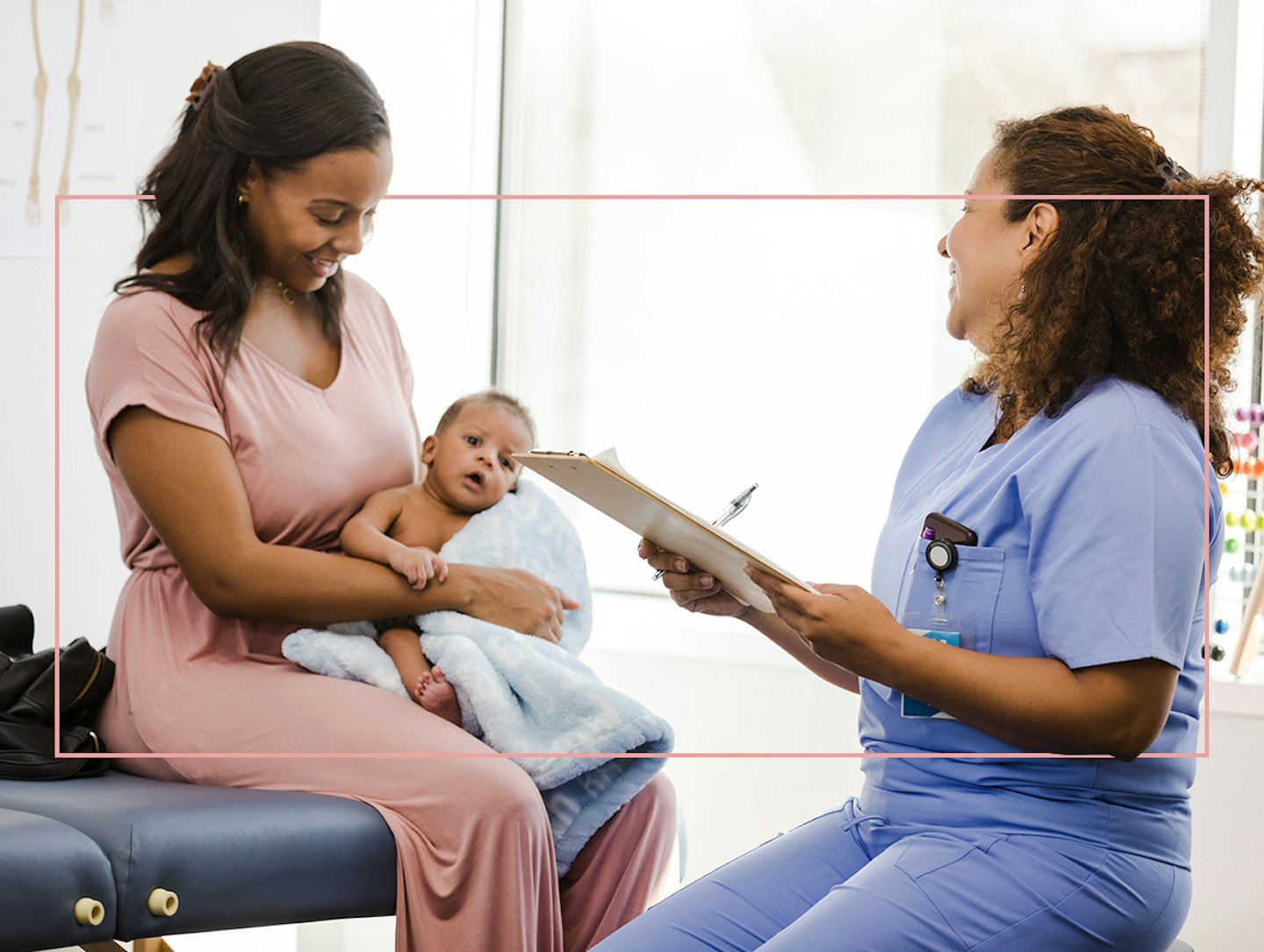Over recent months, the UK has seen several outbreaks of measles in communities where there is a low uptake of vaccines. Measles spreads very easily among those who are not vaccinated, especially in nurseries and schools. Measles, along with many other childhood illnesses, can be prevented by giving children routine vaccinations.
If you’re a parent, especially of young children, you’ll know that there’s nothing more important than making sure they are healthy and happy. Whether it's soothing them as they teethe or tenderly applying a plaster to their scraped knee after a tumble, we will do anything we can to keep our little ones safe and free from discomfort.

Ensuring our children receive all their routine vaccinations is one of the easiest yet most effective ways we as parents can help to provide them with the healthiest start in life. These essential childhood immunisations protect our little ones from serious infections including measles and whooping cough, giving them the best defence against these potentially life-threatening illnesses. If they’re not vaccinated, they’re not protected.
Infants are typically given the first dose of the MMR vaccine at the age of one, followed by a second dose at age three years and four months. Two doses are needed to ensure the best protection against measles, and it also protects them against mumps and rubella which are also highly contagious infections.
The first signs and symptoms of measles are often like those of a cold, including a runny nose, cough, high temperature and sore eyes. A few days later, you may notice a rash appear around the face and on the body which tends to be red in colour but can be more difficult to spot on darker skin. You may also notice white spots inside their mouth too. If you suspect your child may have measles, contact your GP surgery. It is important to let the staff know you suspect measles before you arrive in any healthcare setting, such as A&E or the GP surgery, so that they can protect others from becoming infected.
Measles can cause serious complications, resulting in a need for hospitalisation, or life-long disabilities, and in some devastating cases, can even be fatal. While the MMR vaccine (which protects against measles, mumps, and rubella) is safe and highly effective, misconceptions and fears about vaccinations has left some children unvaccinated and vulnerable to becoming seriously unwell.

Extensive research from across the globe has proven that vaccination is the safest and most effective way to protect children. Research suggests that childhood vaccinations prevent over 5,000 deaths and over 100,000 hospital admissions each year. It's really important that we as parents, understand the value of vaccinating our children against childhood infections, the risks of catching these illnesses, and how to take action to protect them as well as our wider families and communities.
If you're uncertain about whether your child has had all their vaccinations or have concerns that they may have missed some of them, it’s a good idea to contact your GP surgery to check. They can tell you if your child is due for any vaccinations and how to book them in for their appointment.
Remember, if your child has missed a vaccine, there's no need to panic. Simply book an appointment with your GP practice as soon as possible to catch up on any missed doses. All routine childhood vaccinations are free and are thoroughly tested to assess how safe and effective they are. All medicines can cause side effects, but vaccines are among the very safest.
If they’re not vaccinated, they’re not protected. Book with their GP practice or find out more about routine childhood vaccinations here www.nhs.uk/conditions/vaccinations/
Want to know more about Childhood Vaccinations? We asked child health expert Dr Radha for her advice. Click here to watch the full Q&A.
Want to know more about Whooping Cough? Click here to read the full article.

